Description
Familiarity with Treatment
Angioplasty, also known as percutaneous coronary intervention (PCI), is a minimally invasive procedure used to open narrowed or blocked coronary arteries. It involves the use of a balloon catheter to widen the artery and often includes the placement of a stent to keep the artery open12.
Procedure
- Preparation: The patient is given a local anesthetic and sometimes a sedative. An IV line is inserted for medications.
- Insertion: A catheter with a small balloon at its tip is inserted into a blood vessel, usually in the groin or wrist, and guided to the blocked artery.
- Balloon Inflation: Once in place, the balloon is inflated to compress the plaque against the artery walls, widening the artery.
- Stent Placement: A stent (a small wire mesh tube) is often placed at the site to keep the artery open.
- Completion: The balloon is deflated and removed, leaving the stent in place if used12.
Who is it Suitable For?
- Patients with Coronary Artery Disease (CAD): Those experiencing chest pain (angina) or having a heart attack due to blocked arteries.
- Patients with Peripheral Artery Disease (PAD): Those with narrowed arteries in the limbs.
- Patients with Carotid Artery Disease: Those at risk of stroke due to narrowed neck arteries12.
Who is it Not Suitable For?
- Severe Heart Disease: Patients who may require coronary artery bypass grafting (CABG) instead.
- Multiple Blockages: Patients with multiple or complex blockages may not be ideal candidates.
- Certain Health Conditions: Patients with severe kidney disease or bleeding disorders may face higher risks2.
Advantages
- Minimally Invasive: Less recovery time compared to open-heart surgery.
- Quick Relief: Immediate improvement in blood flow and symptom relief.
- Short Hospital Stay: Often performed on an outpatient basis or with a short hospital stay12.
Complications
- Re-narrowing of the Artery: Known as restenosis, especially if no stent is used.
- Blood Clots: Can form within stents, potentially leading to a heart attack.
- Bleeding or Infection: At the catheter insertion site.
- Rare Risks: Heart attack, coronary artery damage, or stroke2.
Previous Care
- Medication Review: Patients should inform their doctor about all medications and allergies.
- Fasting: Typically, patients are asked to fast for a few hours before the procedure.
- Pre-procedure Tests: Blood tests, electrocardiogram (ECG), and imaging tests to assess the condition12.
Aftercare
- Monitoring: Patients are monitored for a few hours post-procedure for any complications.
- Medications: Blood thinners and other medications to prevent blood clots and manage heart health.
- Lifestyle Changes: Diet, exercise, and quitting smoking to improve heart health.
- Follow-up: Regular check-ups with the cardiologist to monitor the stent and overall heart health12.

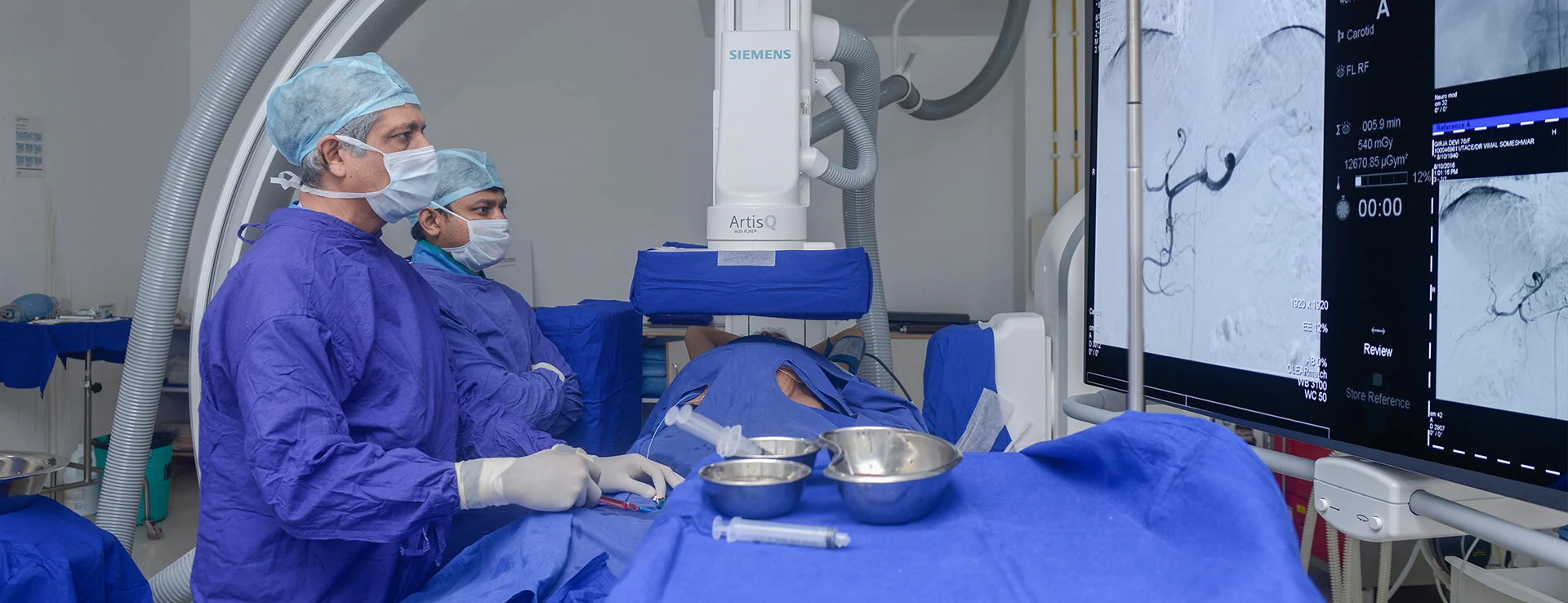
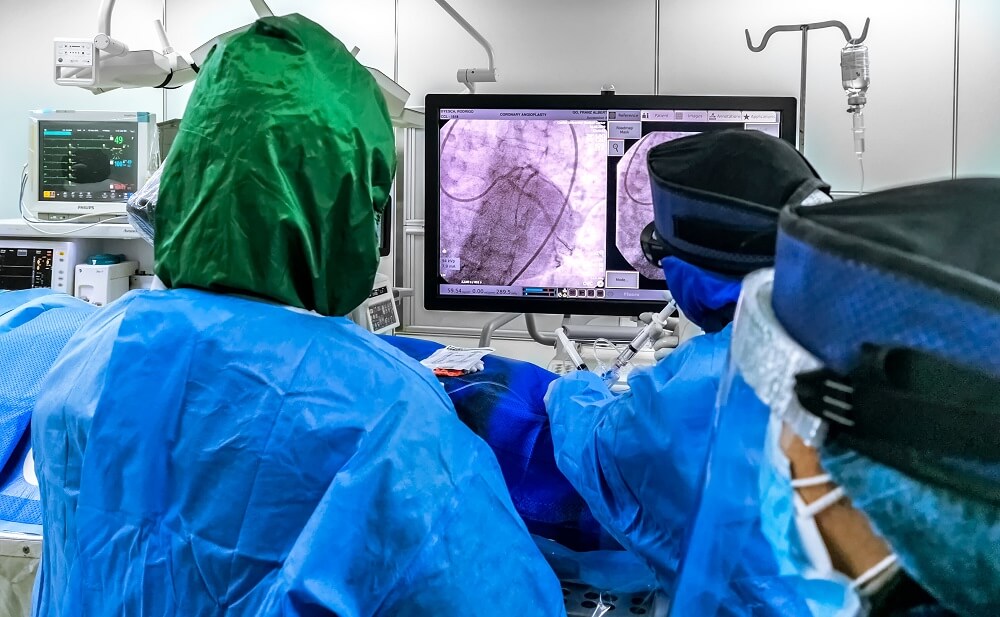
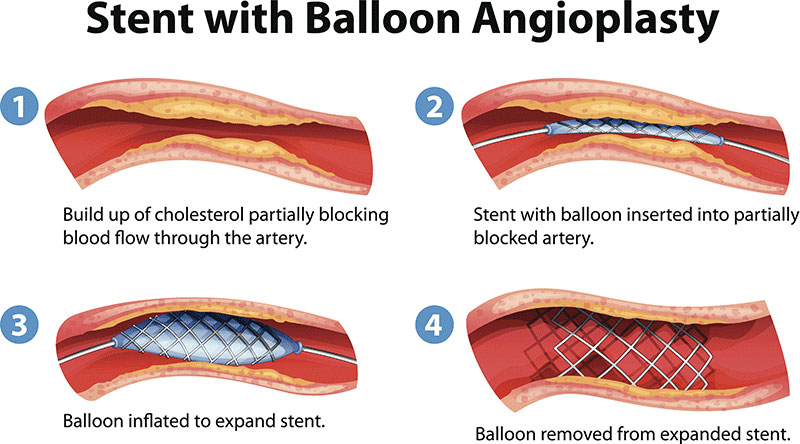


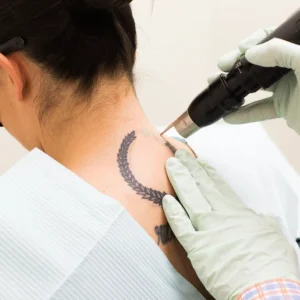

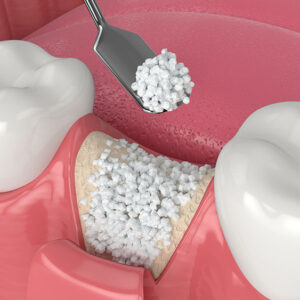
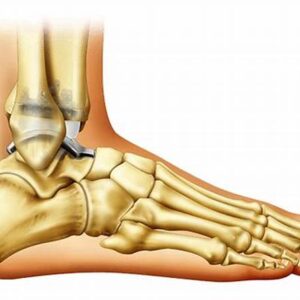
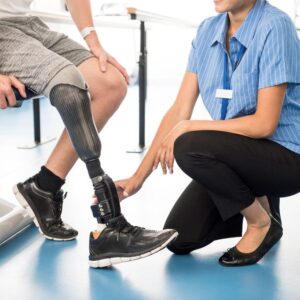
Reviews
There are no reviews yet.